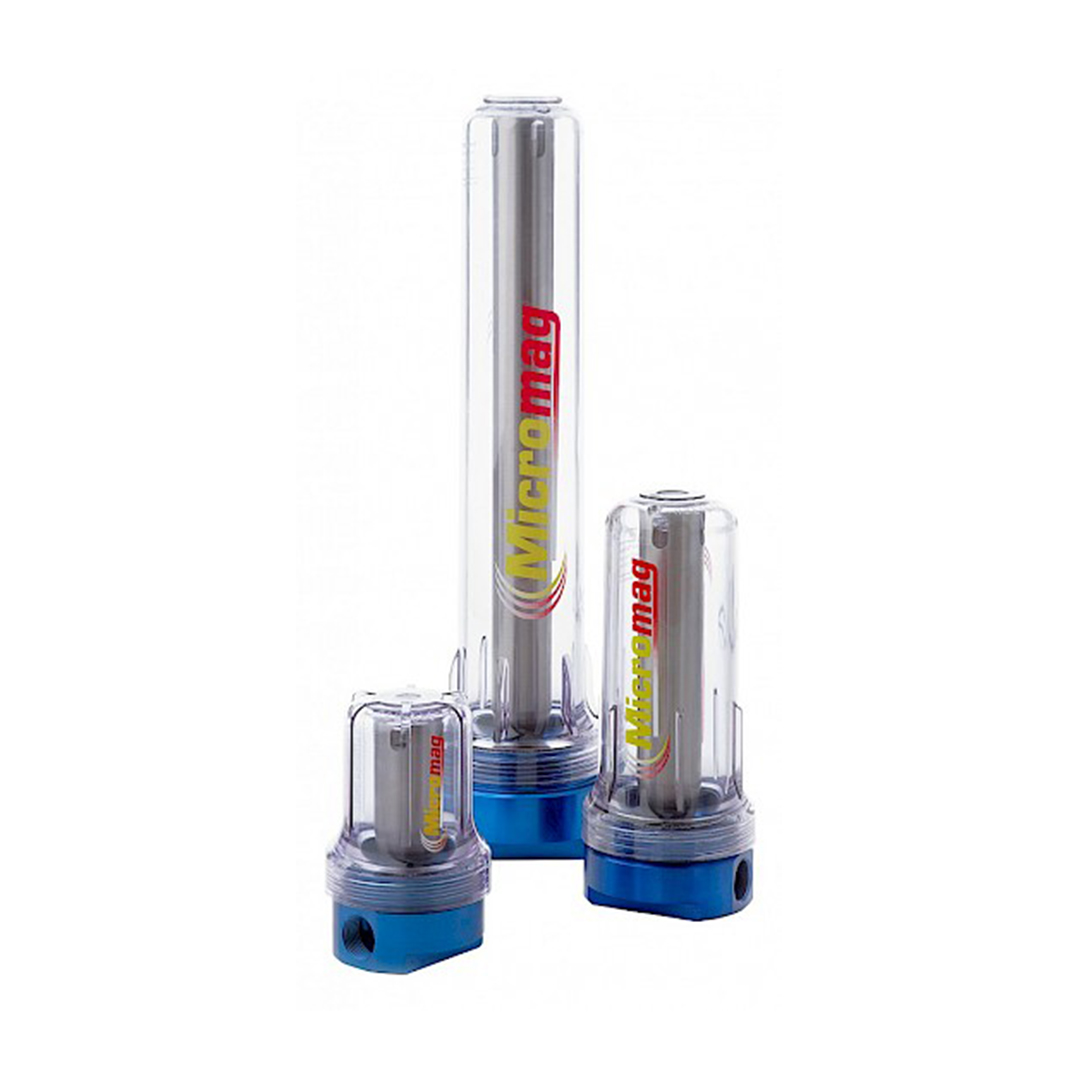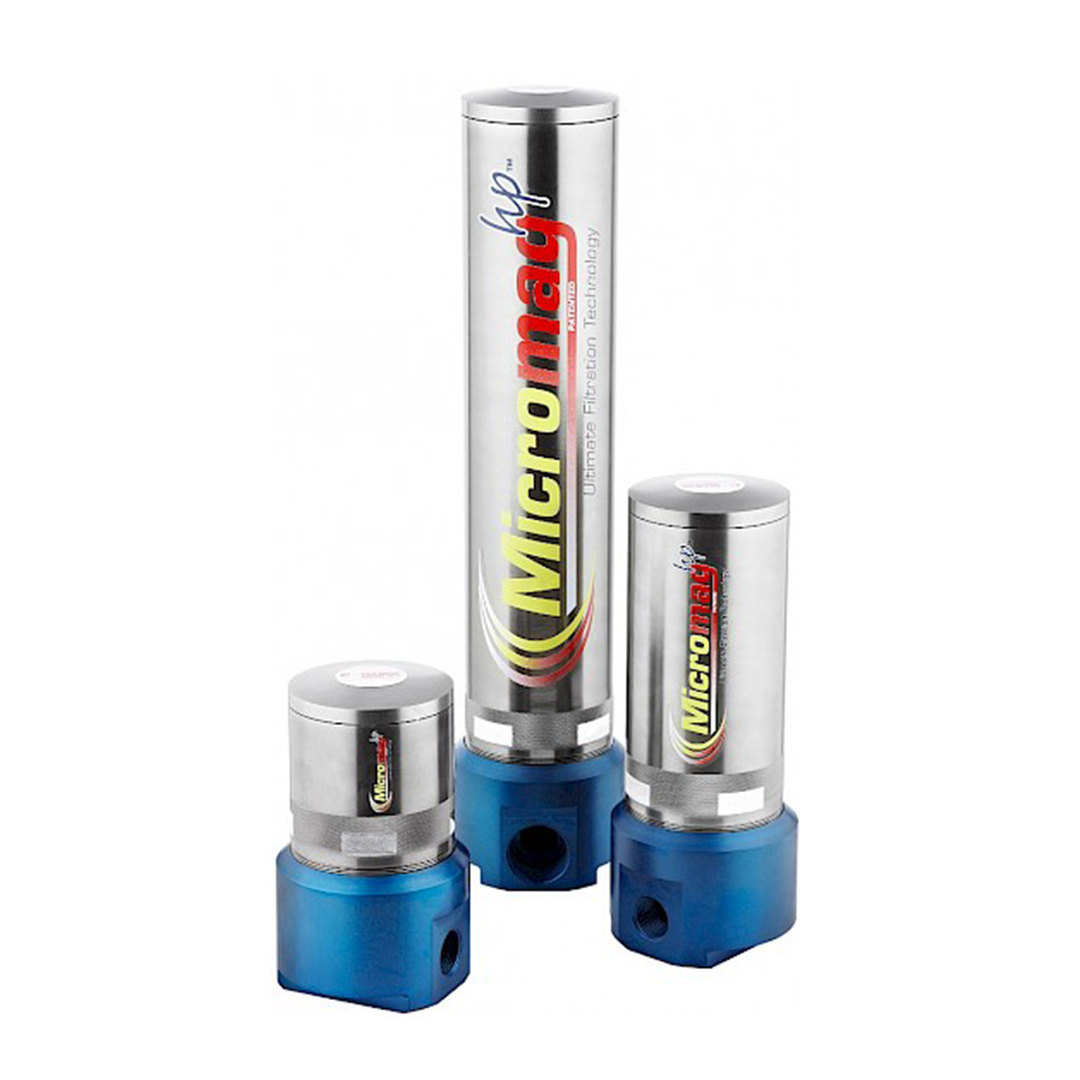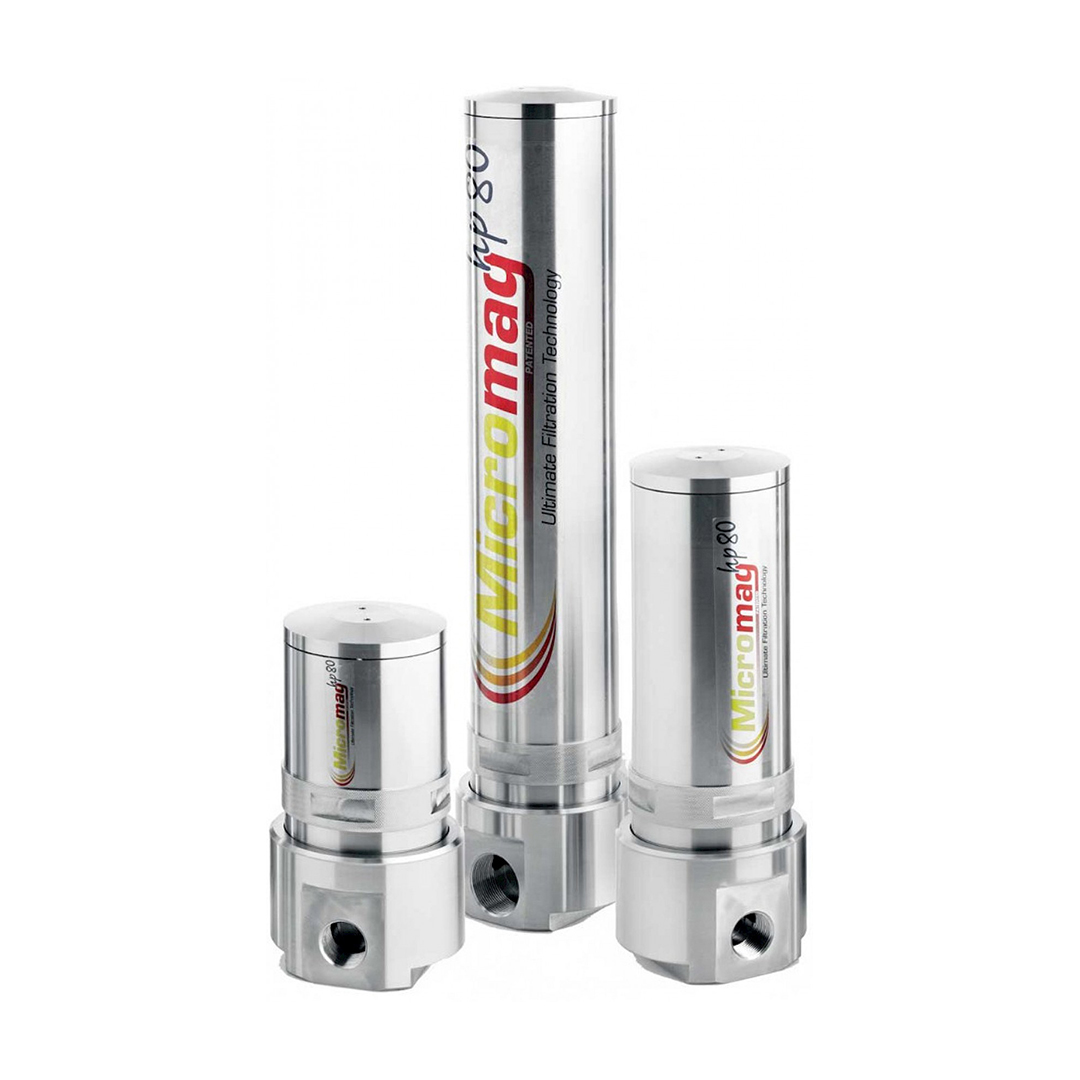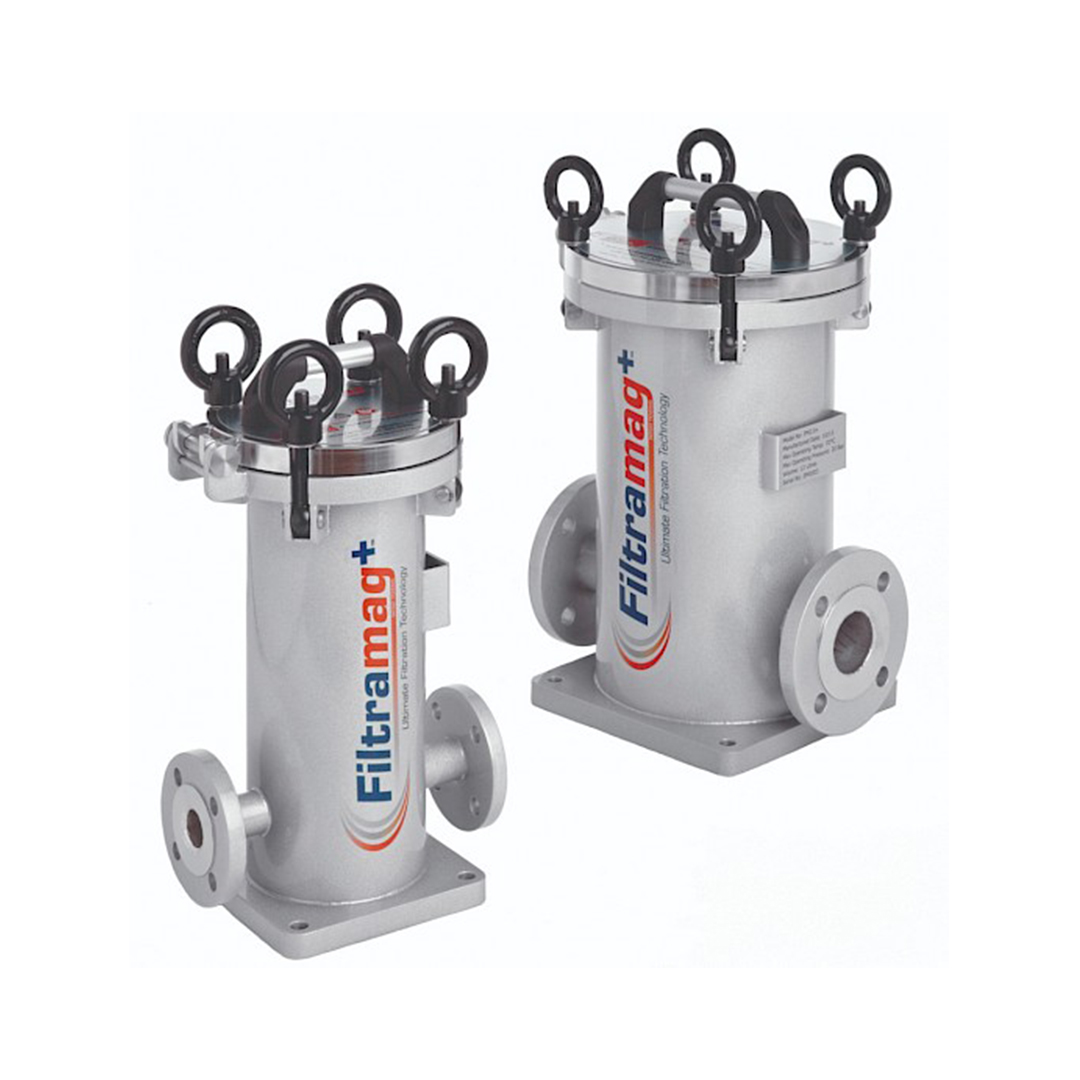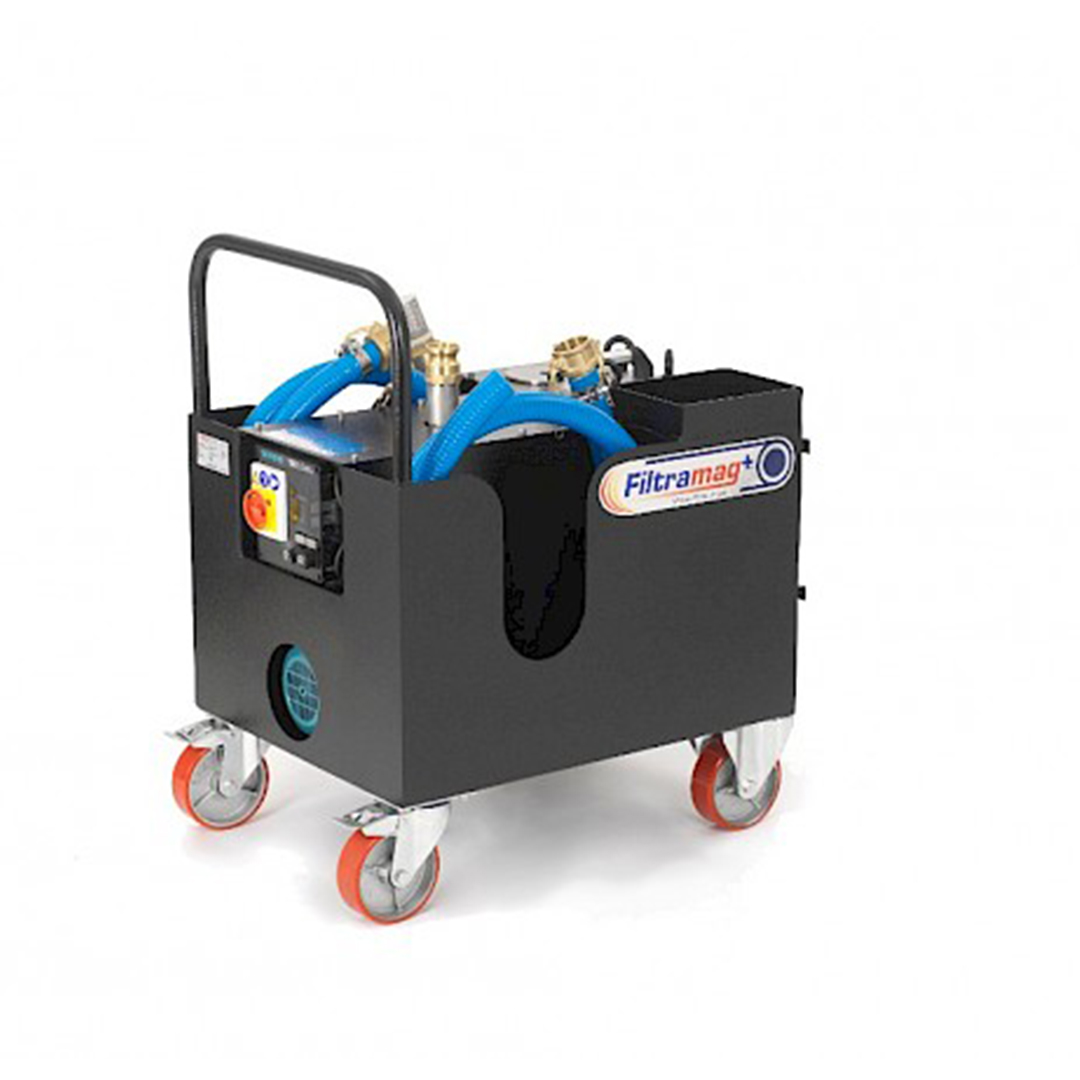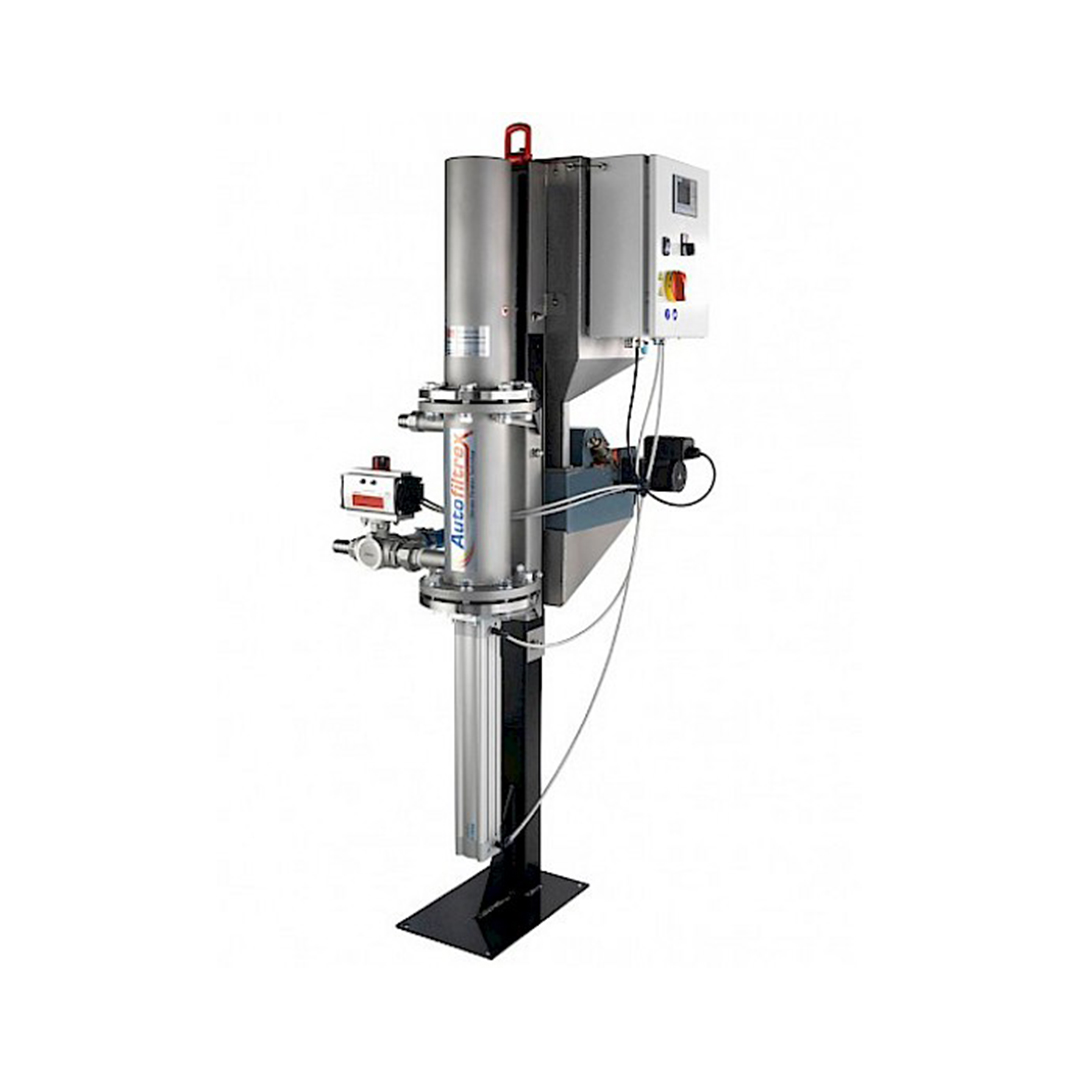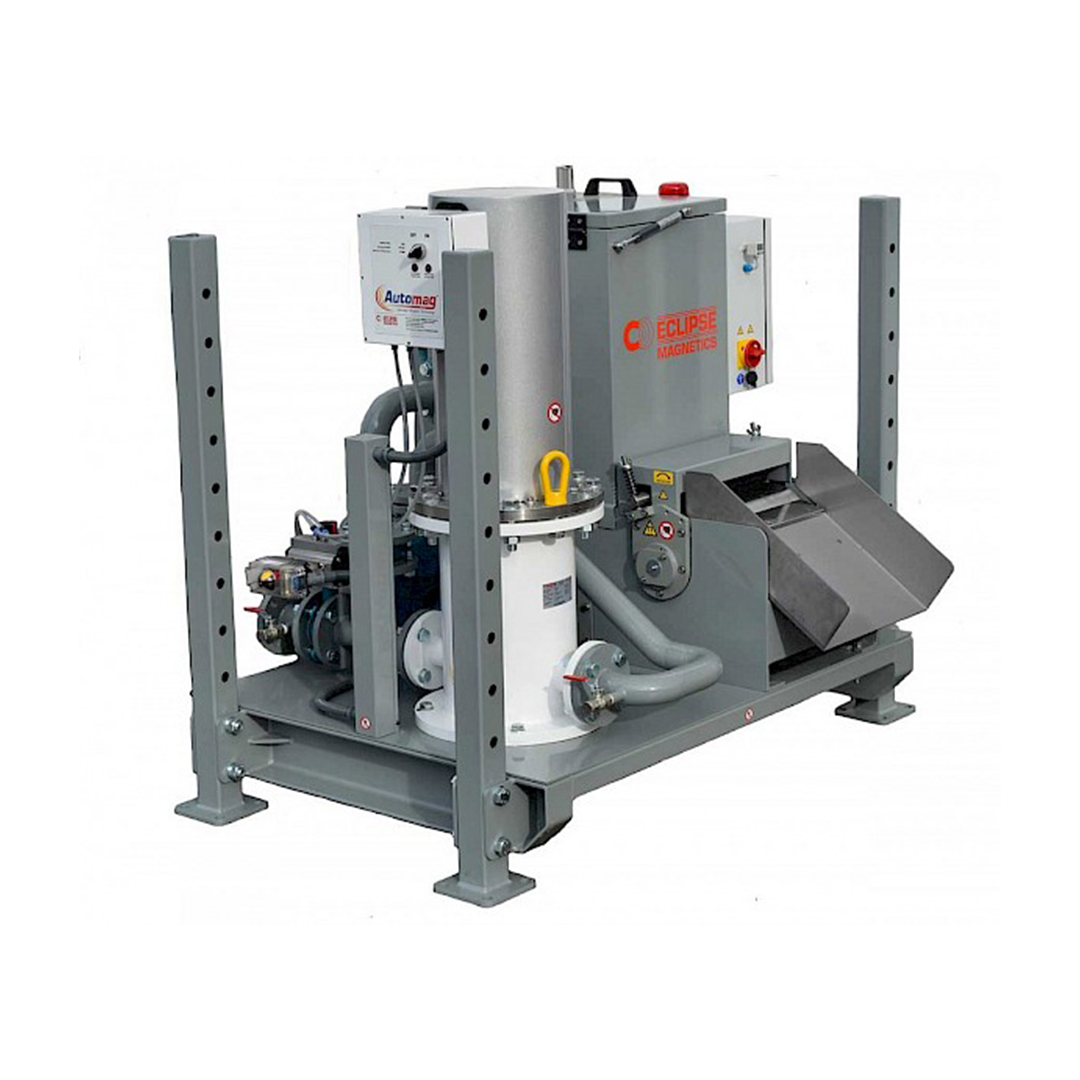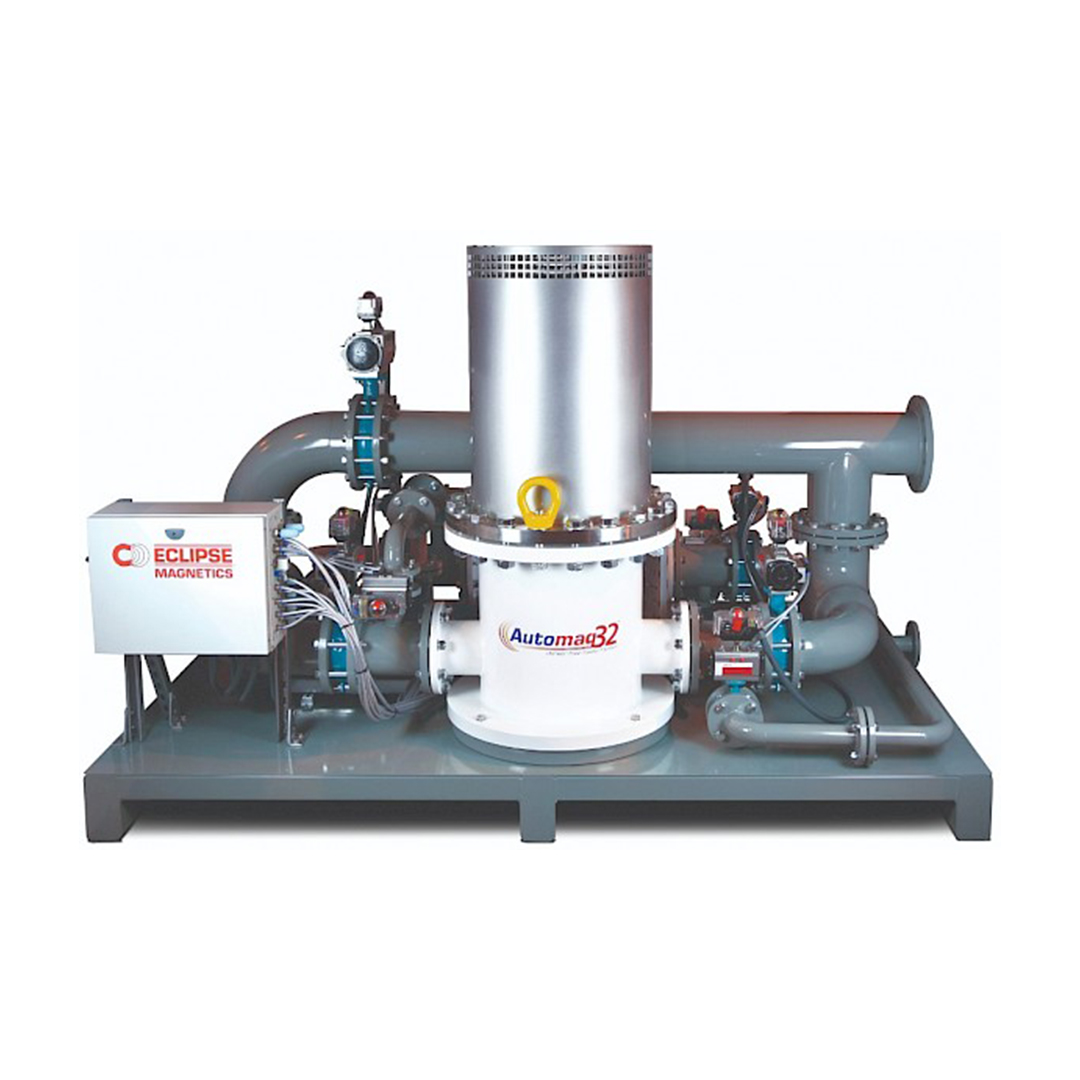
ECLIPSE MAGNETICS
The Most Economical, Efficient Method to Increase Productivity & Minimise Downtime
Magnetic Filters Remove the Finest Ferrous Particles from Coolant Fluids
The best way to keep your machinery in excellent condition and product surface finish, is to use cleaner coolant or lubricant fluids. Dirty machine coolant and lubrication can cause wear and tear to machinery and adversely affect quality of the surface finish.
The waste from mechanical processes such as grinding, milling, and cutting metals often contains fine ferrous particles. They may come in the form of tiny metal particles that are not visible to the naked eye. When mixed into the coolant, these ferrous particles can cause damage in slides and pumps, clog filters, compromise seals, or cause machinery to suffer. Internal components can also become degraded, which eventually leads to more frequent maintenance. It is also possible for particles to damage filters, and these must be replaced regularly. See how magnetic filtration works.
In today’s manufacturing environment, effective filtration plays an important role. It can be challenging for conventional filters to remove fine metal particles. Magnetic Coolant Filters or CNC filters, on the contrary, are capable of fine particle filtering by using magnets that attract and remove the smallest particles. This makes the coolant cleaner as well as more efficient. Find out how our Magnetic Filters compare to traditional filters.
In addition, magnetic filtration systems protect the environment by minimising disposal of consumables such as cartridges, paper, bags, socks etc whilst also reducing the disposal of contaminated oil, coolants, lubricants and wash solutions. Read more about the benefits of using a magnetic filter.
WHY ECLIPSE MAGNETICS
The Most Economical, Efficient Method to Increase Productivity & Minimise Downtime
- Extended cutting fluid or coolant life
- Lower consumable filter costs
- Environmentally friendly
- Increased productivity
- Improved product quality
- Health & Safety
Providing The Highest Quality Coolant Filter Systems
The success of advanced magnetic filtration is based on high-performance magnets and optimized fluid flow dynamics. This enables magnetic filters to remove almost 100% of ferrous contamination without the need to regularly replace consumable media filters, or having adverse effects on fluid properties.
As one of the UK’s leading magnet manufacturers and magnet design experts we are perfectly placed to apply our expertise to optimize machine tool filtration.
Traditional coolant filters or grinding fluid filters such as bag or band filters typically leave ferrous particles smaller than 5-10 microns circulating in the fluid, which causes damage to equipment and finished products.
Products We Deal In
FAQ Of Customers
Magnetic filters are more effective at removing ferrous particles than virtually all other types of filtration. Traditional barrier filters are constrained by the pore size in the barrier; if the pore is too big, the contamination continues to circulate; but if it is too small, it will block.
Advanced magnetic filtration has been specifically developed to overcome some of the typical problems experienced when using traditional filters. Fully automated magnetic filtration systems an effective solution for continuous manufacturing lines, offering 24/7 uninterrupted filtration and resulting in minimal downtime.
Advanced magnetic filtration increases product quality because up to 100% of ferrous particles are removed from the fluid, ensuring a cleaner cut or grind. A magnetic filter protects the part surface from the abrasive effects of ferrous particles and ensures a premium “mirror” finish to meet demanding tolerances. In turn, this reduces reject rates, improves quality consistency, and in applications such as cutting tools, means that the product can command a higher sale price.
Yes. A major consideration for any business is its responsibility to the environment. Magnetic filtration provides a positive contribution to companies’ environmental policies and ISO14001 accreditation, and reduces the environmental impact of a business.
Advanced magnetic filtration does not require consumables, therefore reduces waste. Unlike some traditional filters which use replaceable media such as powder or paper, magnetic filters require no consumable items thereby presenting significant cost savings, and reducing the amount of waste sent to landfill. Any ferrous contamination can be collected and recycled.
Using a magnetic filter also reduces the need to replace metalworking fluids, oils and coolants as frequently, therefore reducing the amount of waste spent fluid, and saving on disposal costs.
Magnetic filtration increases productivity in variety of ways. High flow rates can be maintained without affecting filtration efficiency. Fluid does not flow through filter media, so flow is uninterrupted. Flow rates are, therefore, determined by your process requirements, not by your filter.
There’s also no back pressure when a magnetic filter is used. Even when the filter is ‘full’ there is no blinding or risk of burst filters, reducing downtime.
Yes, the MicromagHP50 and HP80 filters are to suit high pressure applications , up to 50 or 80 bar respectively. They are predominantly used in applications which have start-up pressure surges or through spindle coolant applications, where the smallest of particles can damage seals, spindles and even the efficiency of the cutting tool.
